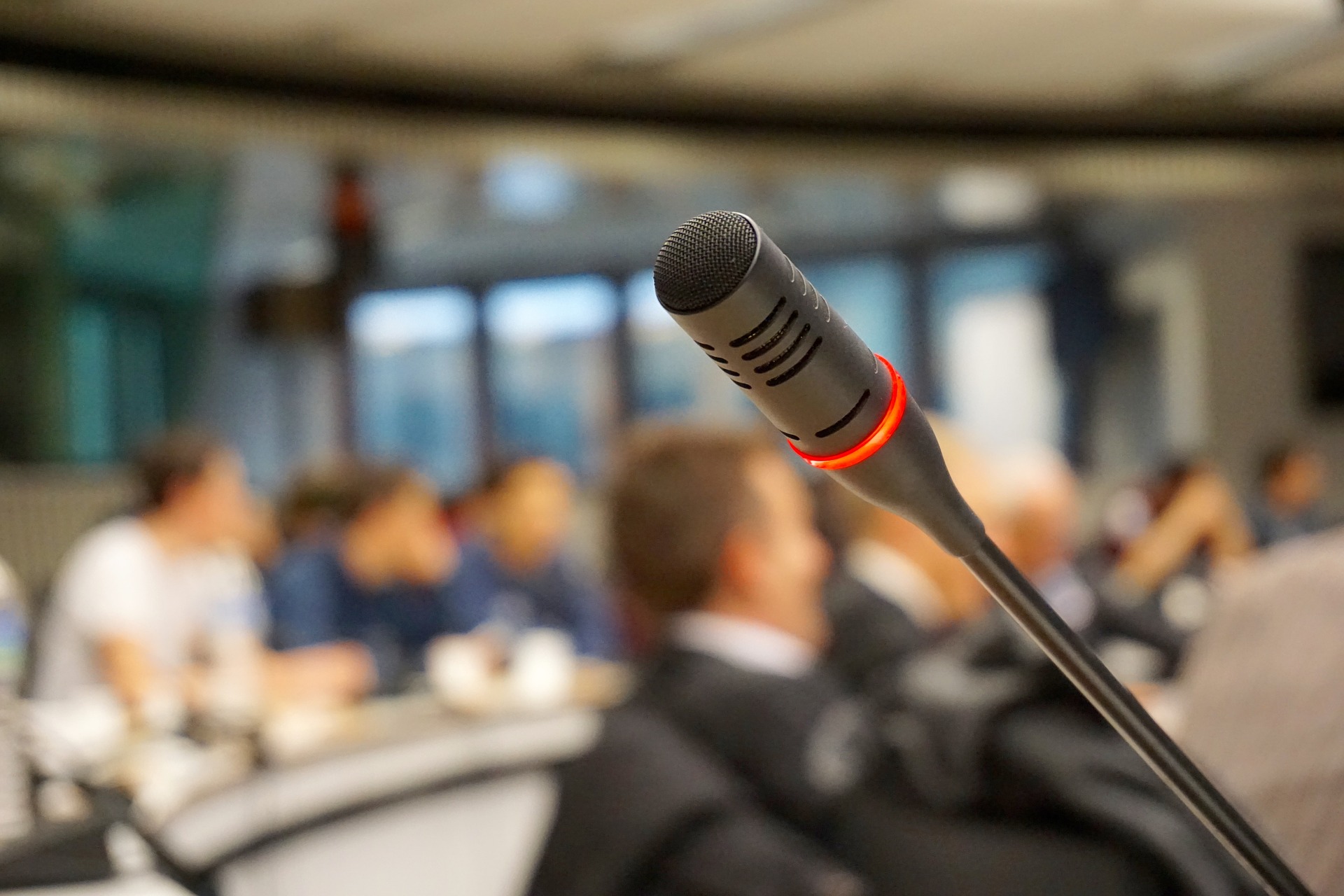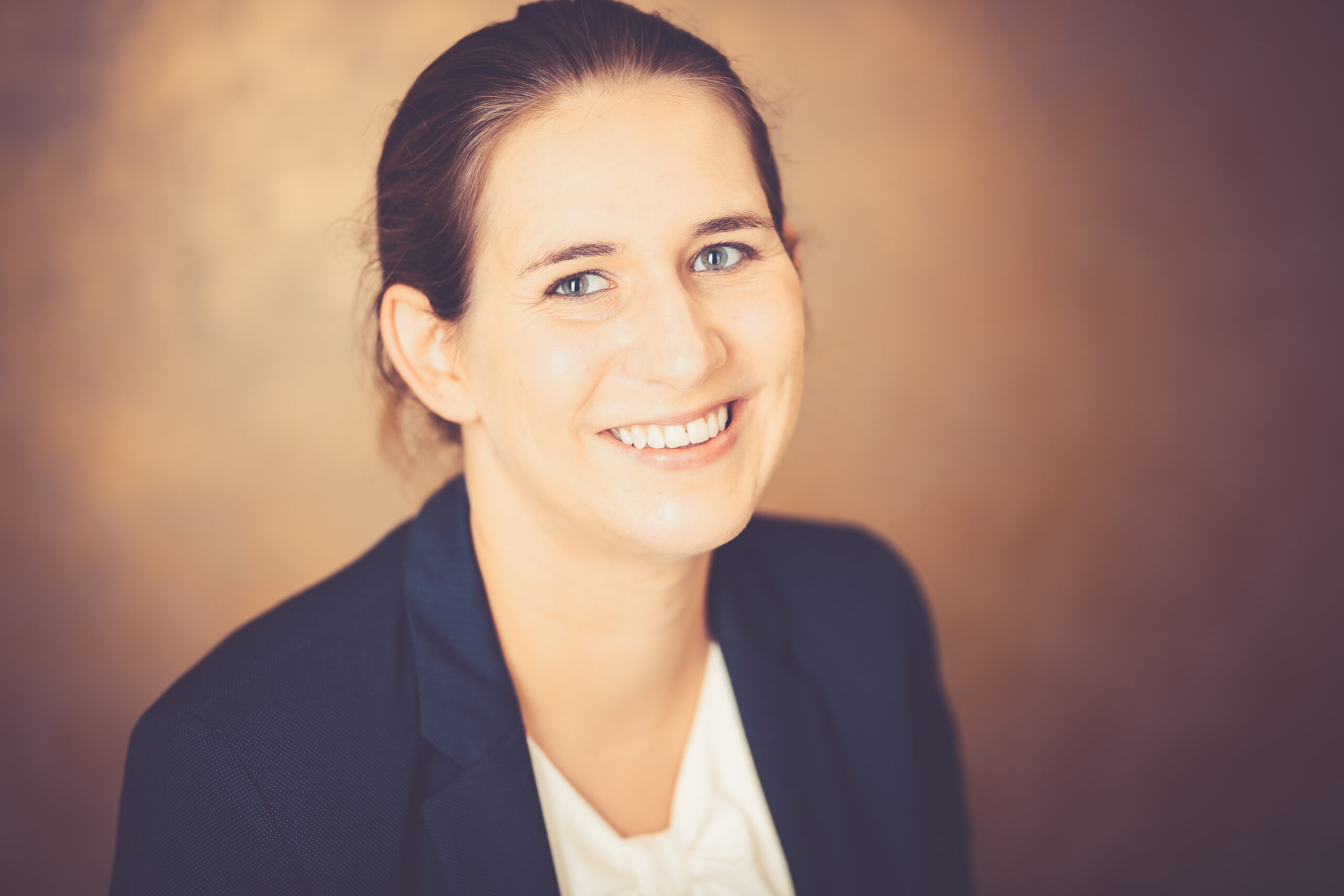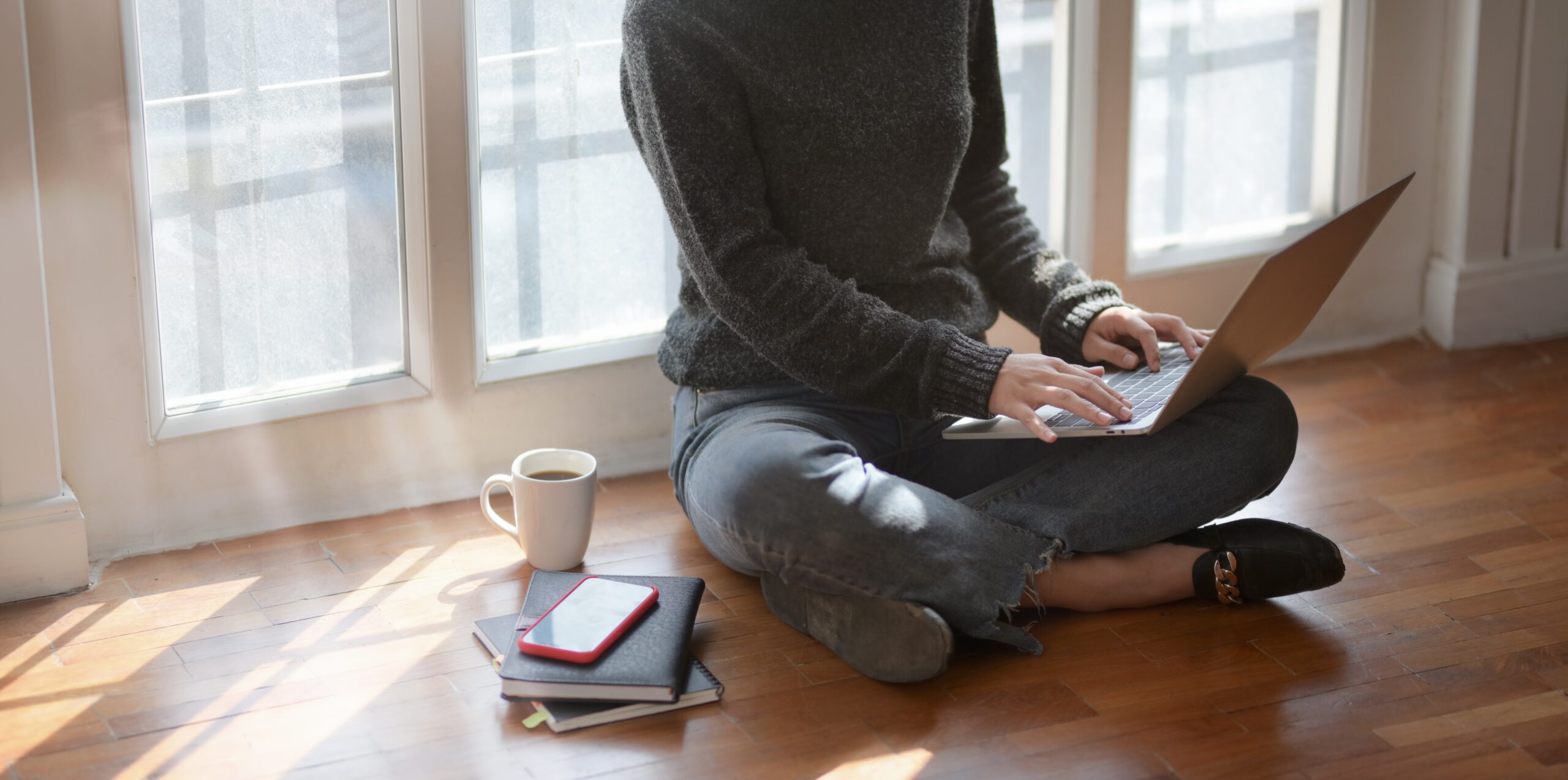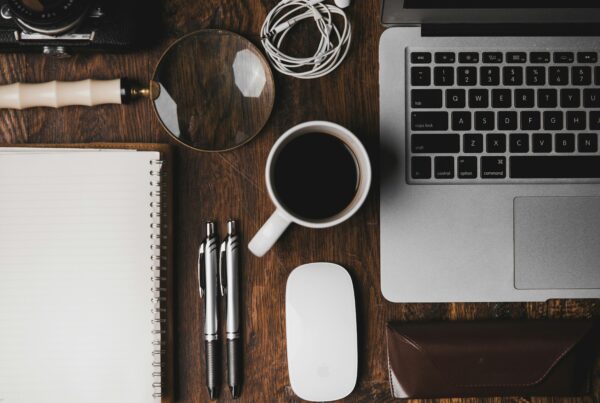
On Thursday, 18th June 2020, Spiegeloog interviewed two researchers from UvA Psychology in a live Zoom organized by Ingmar Visser – Director of Psychology. We asked Denny Borsboom and Michelle Van Laethem several questions regarding their research on COVID-19 related issues.
On Thursday, 18th June 2020, Spiegeloog interviewed two researchers from UvA Psychology in a live Zoom organized by Ingmar Visser – Director of Psychology. We asked Denny Borsboom and Michelle Van Laethem several questions regarding their research on COVID-19 related issues.

Denny is a professor from the department of Psychological Methods and his research focuses on aiding in the analysis of COVID-19-related data (Data versus Corona), evaluating interdisciplinary exit strategies (Strategies versus Corona) and fitting behavioural information (e.g. how close people are) into COVID-19 related models.
Michelle is an assistant professor from the department of Work and Organisational Psychology and her research centers around employee’s health (e.g. work stress, rumination, and sleep). Recently, she has been researching employee’s use of technology, specifically, the issue of tele-pressure (i.e. the ever-present need to respond immediately to work-related messages).


Denny is a professor from the department of Psychological Methods and his research focuses on aiding in the analysis of COVID-19-related data (Data versus Corona), evaluating interdisciplinary exit strategies (Strategies versus Corona) and fitting behavioural information (e.g. how close people are) into COVID-19 related models.

Michelle is an assistant professor from the department of Work and Organisational Psychology and her research centers around employee’s health (e.g. work stress, rumination, and sleep). Recently, she has been researching employee’s use of technology, specifically, the issue of tele-pressure (i.e. the ever-present need to respond immediately to work-related messages).

Image by Florian Pircher,
Questions regarding the expertise of each guest speaker:
Michelle, do you think working from home could become the norm in the future? What are the benefits and drawbacks?
Personally, I think it could become the norm. I am starting to think we are never going to go back to ‘normal.’ We might have a hybrid situation where people work from home more often but still work at the office sometimes. We now know it can work as this pandemic has shown that the infrastructure is there, but at the same time, there are obviously some benefits of going to the office and interacting face to face. I think the key is finding a balance between the two. I foresee a lot of research regarding this topic because this way of life is going to change everything.
I think the goal should be to go to the office at least some of the time because otherwise, you miss the social contact and social support of your colleagues, which is also good for creativity and performance. I don’t think that we will fully work from home for the rest of our lives, but I can imagine a society where we work from home two or three days a week and then work from the office one day. I think that’s more realistic than saying we will be fully online for the rest of our lives, even though that may be safer right now. I think having just a few days in the office is also kind of what we are doing – I just read that in our department 20% of the workforce can be in the office at one time. However, it is important to keep your distance, which makes socialising a bit more difficult. I am interested to see how these COVID-19 measures will develop over the next few months as teaching resumes in September.
Denny, what are your thoughts on importing South Korea’s or Taiwan’s track & trace strategies into Europe? Is it possible?
That is an important question. In several Asian countries, track and trace have been quite effective. But then again, they tend to have a somewhat different organization in their countries. So, for instance, Singapore and Hong Kong have made it obligatory to participate in these things. You have COVID-19 hotels or places where people are brought to when they have symptomatology. This is, of course, a problem in a liberal democracy. People may not comply with these procedures so easily and we have a series of laws that control the power of states over individuals. The other problem is compliance. The Dutch, for instance, have their own opinions about pretty much everything. You can already see polarization building up, as a sizeable group of people have launched a counter initiative against the use of these measures. We know from simulations that for tracing technology to be effective we need to catch and record a lot of cases, which might not work without the cooperation of many. This is also what makes psychology so important because at the ground level of this epidemiological process there is a microbe that travels from body to body, but it does so as a function of our behaviour. Our ability to track behaviour and act on it depends on whether we can register that behaviour and whether people let us do that. In a sense, psychology is a central discipline in this pandemic.
There are some cultural and legal barriers to its application. Are there also technological and governmental barriers as well? Can our governments collect and manage all the data?
There are two approaches to contact tracing. One is manual, where the health organization interviews the people with symptoms regarding their recent travels and interactions. Then they call or mail people who have been in contact with the person with COVID-19. This approach requires a lot of people to collect data, though – for example, the German government is offering a lot of jobs for contact tracers, and it’s not entirely clear if the Dutch are keeping up with that. The other approach of collecting data is electronic by using apps that trace contacts.
I do think that the Dutch are well-prepared to analyse these quantities of data. We have very good data analysis centres, for instance, the Central Bureau for Statistics (CBS) and the Centre for Mathematics and Informatics in the Science Park. However, we need to get the data first, and because of the privacy laws in The Netherlands, the data can only be stored on people’s phones. So, to collect data, the government needs permission from people with COVID-19 to access their phones, including their contacts, as well as permission of that person’s contacts themselves. I think this is a bigger problem than technology to analyse the data.
Michelle, what is the role of the employer in helping their employees maintain a good work-life balance?
Before the corona crisis, I formed an alliance with diverse parties – government, private parties such as insurance companies, and researchers in order to create a more inclusive digital society. I am part of the working group that focuses specifically on young employees, up to the age of 35. As a group, we noticed that during the corona crisis, there are many tips that focus on how employees can restore their work-life balance. There was much less attention on employers even though they play an important role too. There needs to be a dialogue between employers and employees. For instance, employers must set norms or rules for employees. The next step I want to take in my research is to further explore this dialogue. There is not much research on tele-pressure – the urge to immediately reply to messages. What we do is ask employees about their perception of their employers and what they think is expected of them. Oftentimes this is more informative than what the employer thinks, especially when the communication is not that effective between the two. Even though I investigated this issue before the corona crisis, I think that this topic is even more important now than it was before.
Denny, given that COVID-19 related data is being gathered using different methods in different countries to what extent can we make international comparisons?
I am one of the participants in a grant to evaluate international compatibility, amongst other things. We have a lifting lockdowns app on the “Science versus Corona” website where you can see how different countries are lifting the lockdown and all kinds of statistics. We have all seen these kinds of graphs but if you think about it, it is very complicated. For example, what is considered as death due to COVID-19 in the Netherlands is completely different from Belgium where they count everybody who was suspected of having been infected. In The Netherlands, they only count people who have a confirmed diagnosis. I have not seen a single number that is determined in the same way across countries. Another example is the Intensive Care Unit (ICU) admissions. In Italy, everybody is admitted to the ICU, even if they are 90 years old and have underlying medical conditions. Whereas in the Netherlands doctors will not take somebody into the ICU in that case. Everything is intermingled with cultural and legal differences in how things are recorded. We cannot reliably track the effectiveness of different interventions by comparing different countries because the numbers mean something different, so that’s a major methodological challenge.
There has been a lot of criticism of the accuracy of the projections, do you think this is fair?
Well, I have noticed that a lot of people do this. A lot of people on the internet say, ‘well you know I’ve got a model’. People fitting exponential curves and being very facile about these ‘nitwits’ at RIVM. RIVM has some really, really, good people. It’s very unlikely that some YouTuber or a random person who has studied virology for a couple of weeks, since the advent of the pandemic, would think of something that the people at RIVM haven’t already considered quite thoroughly. I think that people should really be a little more respectful towards the expertise that exists at this level. Some people have been very vocal in the media in ways that I personally consider irresponsible. I have to say that the people who are doing this are doing a great job. There is advanced modelling going on and people should not underestimate the level of intellectual force that is going into all of these modelling attempts.
It is also a big psychological and communication question on how you control disinformation. There is so much of this information being spread actively. People believe in, what is in my view, unsubstantiated theories and this is a real issue because it will influence compliance. If you think that there is a big conspiracy going on – for example, that it is a bioweapon or that it isn’t actually transmitted through human contact at all (which is mind-blowing, right). This is also a big open issue – does the government have a role in this? Do the big media companies like Facebook or Google have a role in this and what should it be? Does it work if you prohibit a documentary like “Plandemic” from the media or is that completely counter-productive? These are really important things as well for psychologists. I think that psychologists should be much more prominent in this discussion.

Image by bongkarn thanyakij.
Discussing working from home:
Denny, Michelle said that working from home may become more common in the future. From your Strategies versus Corona initiative, are there any exit strategies that take into account working from home?
You can think of an exit strategy as a set of interventions, like banning large events, prohibiting people from going to work, or closing schools, that are spread over a certain timeline. For instance, right now the government makes a new decision every three weeks and indicates some interventions, so this is the government’s exit strategy – they monitor the number of indicators the number of deaths or new infections – and the idea is that they will close down a little bit when they see some rising in these indicators, this is called adaptive lockdown. You can spread these interventions in many ways. One of these interventions is to restrict the movement of some people, by working from home. This, to a large extent, decreases the mixing of people, and thereby will slow the spread of the virus, and when the spread is sufficiently slow, an outbreak is prevented.
What we are doing right now is modeling various types of interventions to see whether they are projected to keep us under the maximum ICU level, for instance. This, however, requires a lot of complicated modeling, and a lot of assumptions about how the virus spreads, and about how people behave.
Michelle, what advice would you have for people who suffer from technology stress or how can they shield themselves against this?
First of all, I think that talking to your supervisor is very important. There are a couple of things you can do such as set expectations – accepting that you can’t do everything – and practical things like having a workspace and only working in there to create boundaries. Timewise, it helps to restrict the times that you work – for example, turn off your phone in the evenings.
Michelle, some of your research is about sleep quality: How is sleep quality being affected? Some surveys found that, during the lockdown, even though there is more time to sleep the quality isn’t as good. How do you think working from home/tele-pressure is affecting that, or do you think any other factors contribute to this?
My impression is that a lot of the stress (tele-pressure/sleep quality) kind of stayed the same but we’re in overdrive. I think a lot of the effects of this pandemic will only show after a while. I can imagine that things like burn out will increase in numbers due to trying to keep up with work and not going on vacation. So, because people don’t recover enough, that will show signs at some point. This is something I want to look into, in the next couple of months.
Denny – Actually a colleague, Eiko Fried in Leiden, had an experience sampling study that he was running while the lockdown was implemented, and it was about feelings of depression, affect states, and (I think) social contact. I think what I learned from him is that in the first period of the lockdown was that there wasn’t much of an effect – he had expected a big effect (this could be of course delayed). On the other hand, we have a lot of counter effects. For instance, I have a lot of time that’s freed up due to a lack of commuting and in-person meetings.
Michelle – Definitely, the commute buys a lot of time for a lot of people. Something interesting I saw in my data was that people who have kids (unpublished data – from the first week of restrictions, in the middle of march) reported fewer exhaustion symptoms (burnout). I can relate to that because on one hand you have a lot of stress but on the other hand, it’s really nice to have that change of scenery/atmosphere – having loved ones around you and having other types of conversations.

Image by freepik.
Beyond COVID-19:
Do you have any take-home messages for the audience, for example, some learning points or things they could do to help you guys with your research?
Denny – One of the things we do is crowdsourcing exit strategies so anyone can submit exit strategies or interventions that might be useful. We have taken up many of these interventions that were suggested by many different people in our multidisciplinary considerations. So, you can sign up for the Strategies versus Corona challenge if you’re up for that.
Michelle – From my side, I’m not running any active studies right now. I just want you to rethink how you look at work/studies. If you run into trouble or you don’t feel well – you feel stressed or you can’t find any balance – then please talk to your supervisor about it or to your colleague and get it off your chest and try to find a solution. Especially nowadays with Zoom meetings, miscommunication happens very quickly so I think open communication is very important.
Questions regarding the expertise of each guest speaker:
Michelle, do you think working from home could become the norm in the future? What are the benefits and drawbacks?
Personally, I think it could become the norm. I am starting to think we are never going to go back to ‘normal.’ We might have a hybrid situation where people work from home more often but still work at the office sometimes. We now know it can work as this pandemic has shown that the infrastructure is there, but at the same time, there are obviously some benefits of going to the office and interacting face to face. I think the key is finding a balance between the two. I foresee a lot of research regarding this topic because this way of life is going to change everything.
I think the goal should be to go to the office at least some of the time because otherwise, you miss the social contact and social support of your colleagues, which is also good for creativity and performance. I don’t think that we will fully work from home for the rest of our lives, but I can imagine a society where we work from home two or three days a week and then work from the office one day. I think that’s more realistic than saying we will be fully online for the rest of our lives, even though that may be safer right now. I think having just a few days in the office is also kind of what we are doing – I just read that in our department 20% of the workforce can be in the office at one time. However, it is important to keep your distance, which makes socialising a bit more difficult. I am interested to see how these COVID-19 measures will develop over the next few months as teaching resumes in September.
Denny, what are your thoughts on importing South Korea’s or Taiwan’s track & trace strategies into Europe? Is it possible?
That is an important question. In several Asian countries, track and trace have been quite effective. But then again, they tend to have a somewhat different organization in their countries. So, for instance, Singapore and Hong Kong have made it obligatory to participate in these things. You have COVID-19 hotels or places where people are brought to when they have symptomatology. This is, of course, a problem in a liberal democracy. People may not comply with these procedures so easily and we have a series of laws that control the power of states over individuals. The other problem is compliance. The Dutch, for instance, have their own opinions about pretty much everything. You can already see polarization building up, as a sizeable group of people have launched a counter initiative against the use of these measures. We know from simulations that for tracing technology to be effective we need to catch and record a lot of cases, which might not work without the cooperation of many. This is also what makes psychology so important because at the ground level of this epidemiological process there is a microbe that travels from body to body, but it does so as a function of our behaviour. Our ability to track behaviour and act on it depends on whether we can register that behaviour and whether people let us do that. In a sense, psychology is a central discipline in this pandemic.
There are some cultural and legal barriers to its application. Are there also technological and governmental barriers as well? Can our governments collect and manage all the data?
There are two approaches to contact tracing. One is manual, where the health organization interviews the people with symptoms regarding their recent travels and interactions. Then they call or mail people who have been in contact with the person with COVID-19. This approach requires a lot of people to collect data, though – for example, the German government is offering a lot of jobs for contact tracers, and it’s not entirely clear if the Dutch are keeping up with that. The other approach of collecting data is electronic by using apps that trace contacts.
I do think that the Dutch are well-prepared to analyse these quantities of data. We have very good data analysis centres, for instance, the Central Bureau for Statistics (CBS) and the Centre for Mathematics and Informatics in the Science Park. However, we need to get the data first, and because of the privacy laws in The Netherlands, the data can only be stored on people’s phones. So, to collect data, the government needs permission from people with COVID-19 to access their phones, including their contacts, as well as permission of that person’s contacts themselves. I think this is a bigger problem than technology to analyse the data.
Michelle, what is the role of the employer in helping their employees maintain a good work-life balance?
Before the corona crisis, I formed an alliance with diverse parties – government, private parties such as insurance companies, and researchers in order to create a more inclusive digital society. I am part of the working group that focuses specifically on young employees, up to the age of 35. As a group, we noticed that during the corona crisis, there are many tips that focus on how employees can restore their work-life balance. There was much less attention on employers even though they play an important role too. There needs to be a dialogue between employers and employees. For instance, employers must set norms or rules for employees. The next step I want to take in my research is to further explore this dialogue. There is not much research on tele-pressure – the urge to immediately reply to messages. What we do is ask employees about their perception of their employers and what they think is expected of them. Oftentimes this is more informative than what the employer thinks, especially when the communication is not that effective between the two. Even though I investigated this issue before the corona crisis, I think that this topic is even more important now than it was before.
Denny, given that COVID-19 related data is being gathered using different methods in different countries to what extent can we make international comparisons?
I am one of the participants in a grant to evaluate international compatibility, amongst other things. We have a lifting lockdowns app on the “Science versus Corona” website where you can see how different countries are lifting the lockdown and all kinds of statistics. We have all seen these kinds of graphs but if you think about it, it is very complicated. For example, what is considered as death due to COVID-19 in the Netherlands is completely different from Belgium where they count everybody who was suspected of having been infected. In The Netherlands, they only count people who have a confirmed diagnosis. I have not seen a single number that is determined in the same way across countries. Another example is the Intensive Care Unit (ICU) admissions. In Italy, everybody is admitted to the ICU, even if they are 90 years old and have underlying medical conditions. Whereas in the Netherlands doctors will not take somebody into the ICU in that case. Everything is intermingled with cultural and legal differences in how things are recorded. We cannot reliably track the effectiveness of different interventions by comparing different countries because the numbers mean something different, so that’s a major methodological challenge.
There has been a lot of criticism of the accuracy of the projections, do you think this is fair?
Well, I have noticed that a lot of people do this. A lot of people on the internet say, ‘well you know I’ve got a model’. People fitting exponential curves and being very facile about these ‘nitwits’ at RIVM. RIVM has some really, really, good people. It’s very unlikely that some YouTuber or a random person who has studied virology for a couple of weeks, since the advent of the pandemic, would think of something that the people at RIVM haven’t already considered quite thoroughly. I think that people should really be a little more respectful towards the expertise that exists at this level. Some people have been very vocal in the media in ways that I personally consider irresponsible. I have to say that the people who are doing this are doing a great job. There is advanced modelling going on and people should not underestimate the level of intellectual force that is going into all of these modelling attempts.
It is also a big psychological and communication question on how you control disinformation. There is so much of this information being spread actively. People believe in, what is in my view, unsubstantiated theories and this is a real issue because it will influence compliance. If you think that there is a big conspiracy going on – for example, that it is a bioweapon or that it isn’t actually transmitted through human contact at all (which is mind-blowing, right). This is also a big open issue – does the government have a role in this? Do the big media companies like Facebook or Google have a role in this and what should it be? Does it work if you prohibit a documentary like “Plandemic” from the media or is that completely counter-productive? These are really important things as well for psychologists. I think that psychologists should be much more prominent in this discussion.
Discussing working from home:
Denny, Michelle said that working from home may become more common in the future. From your Strategies versus Corona initiative, are there any exit strategies that take into account working from home?
You can think of an exit strategy as a set of interventions, like banning large events, prohibiting people from going to work, or closing schools, that are spread over a certain timeline. For instance, right now the government makes a new decision every three weeks and indicates some interventions, so this is the government’s exit strategy – they monitor the number of indicators the number of deaths or new infections – and the idea is that they will close down a little bit when they see some rising in these indicators, this is called adaptive lockdown. You can spread these interventions in many ways. One of these interventions is to restrict the movement of some people, by working from home. This, to a large extent, decreases the mixing of people, and thereby will slow the spread of the virus, and when the spread is sufficiently slow, an outbreak is prevented.
What we are doing right now is modeling various types of interventions to see whether they are projected to keep us under the maximum ICU level, for instance. This, however, requires a lot of complicated modeling, and a lot of assumptions about how the virus spreads, and about how people behave.
Michelle, what advice would you have for people who suffer from technology stress or how can they shield themselves against this?
First of all, I think that talking to your supervisor is very important. There are a couple of things you can do such as set expectations – accepting that you can’t do everything – and practical things like having a workspace and only working in there to create boundaries. Timewise, it helps to restrict the times that you work – for example, turn off your phone in the evenings.
Michelle, some of your research is about sleep quality: How is sleep quality being affected? Some surveys found that, during the lockdown, even though there is more time to sleep the quality isn’t as good. How do you think working from home/tele-pressure is affecting that, or do you think any other factors contribute to this?
My impression is that a lot of the stress (tele-pressure/sleep quality) kind of stayed the same but we’re in overdrive. I think a lot of the effects of this pandemic will only show after a while. I can imagine that things like burn out will increase in numbers due to trying to keep up with work and not going on vacation. So, because people don’t recover enough, that will show signs at some point. This is something I want to look into, in the next couple of months.
Denny – Actually a colleague, Eiko Fried in Leiden, had an experience sampling study that he was running while the lockdown was implemented, and it was about feelings of depression, affect states, and (I think) social contact. I think what I learned from him is that in the first period of the lockdown was that there wasn’t much of an effect – he had expected a big effect (this could be of course delayed). On the other hand, we have a lot of counter effects. For instance, I have a lot of time that’s freed up due to a lack of commuting and in-person meetings.
Michelle – Definitely, the commute buys a lot of time for a lot of people. Something interesting I saw in my data was that people who have kids (unpublished data – from the first week of restrictions, in the middle of march) reported fewer exhaustion symptoms (burnout). I can relate to that because on one hand you have a lot of stress but on the other hand, it’s really nice to have that change of scenery/atmosphere – having loved ones around you and having other types of conversations.

Image by freepik.
Beyond COVID-19:
Do you have any take-home messages for the audience, for example, some learning points or things they could do to help you guys with your research?
Denny – One of the things we do is crowdsourcing exit strategies so anyone can submit exit strategies or interventions that might be useful. We have taken up many of these interventions that were suggested by many different people in our multidisciplinary considerations. So, you can sign up for the Strategies versus Corona challenge if you’re up for that.
Michelle – From my side, I’m not running any active studies right now. I just want you to rethink how you look at work/studies. If you run into trouble or you don’t feel well – you feel stressed or you can’t find any balance – then please talk to your supervisor about it or to your colleague and get it off your chest and try to find a solution. Especially nowadays with Zoom meetings, miscommunication happens very quickly so I think open communication is very important.



